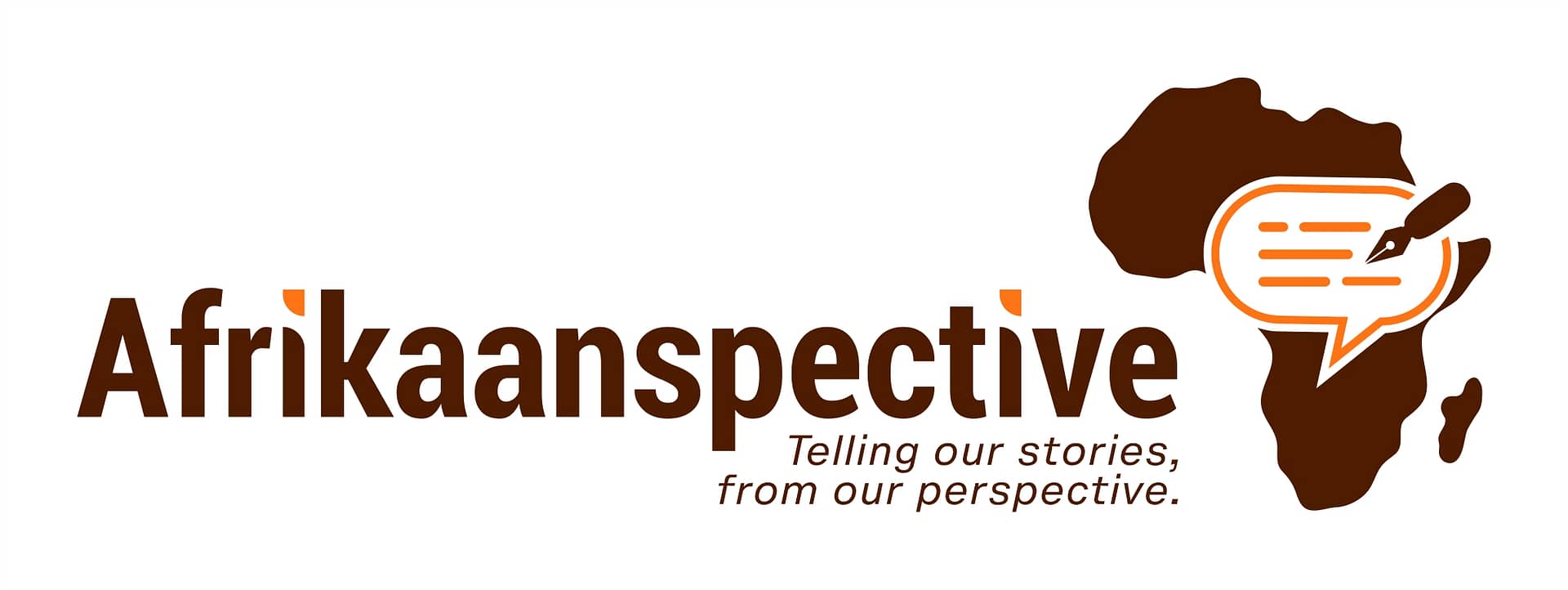Happy New Month from Afrikaanspective! As we step into the month of May, it’s the perfect time to reflect on the year so far—and what better way to do that than by observing Worker’s Day, celebrated annually on May 1st?
This day is a moment to appreciate the vital role that workers play in driving economies forward, and for many African countries. It’s also an opportunity to reflect on the journey of labor rights and the challenges still faced by workers.In the midst of celebrations and speeches, Workers’ Day 2025 calls us to consider how far we’ve come—and what work remains.
While celebrating the hard-won gains of workers, we also need to consider the challenges that persist, particularly in Africa. How far have we really come in securing labor rights, and what issues still need attention?
THE ORIGINS OF WORKER’S DAY.
The history of Workers’ Day dates back to the Labour Movement of the late 19th century, particularly the 1886 Chicago protests for an eight-hour workday.
However, in Africa, the day holds a unique significance. In Nigeria, for example, the observance of Workers’ Day traces back to 1981, following years of labor struggles and calls for better working conditions, wages, and recognition of workers’ rights.
Nigerian workers have long advocated for fair wages, decent working hours, and social protections. Labor unions have played a critical role in advocating for workers’ rights, leading to policies and reforms that aim to improve working conditions.
Despite these efforts, there are still significant gaps in the implementation of labor laws, and the fight for workers’ rights continues today.
STATE OF WORK IN NIGERIA.
In Africa, millions of people rely on work for their livelihoods. However, even as the economy continues to expand, challenges remain. The formal workforce has evolved, and while job creation has increased, the issue of under-employment and unequal wages is still pressing. Many workers struggle to meet their needs despite holding full-time jobs.
Formal employees enjoy certain benefits— such as pensions, healthcare, and paid leave, but these benefits are often not fully utilized or not provided for everyone. Despite improvements over the years, these challenges continue to affect the quality of life for formal workers.
While there has been progress, more work remains in securing workers’ rights in the formal sector, ensuring that wages reflect the cost of living, and that workers are treated with dignity and respect.
THE INFORMAL AND FORMAL SECTORS.
The informal sector, comprising street vendors, small business owners, and self-employed workers, makes significant contributions to the country’s economy. Despite lacking protections, social security, and predictable incomes, informal workers drive local economies and support their families.
On the other hand, formal workers play an equally essential role in keeping the country’s sectors running smoothly. However, they face challenges like job insecurity, contractual jobs, part-time work, and fluctuating wages, which can lead to limited opportunities for promotion and reduced purchasing power.
Both sectors deserve recognition and support, with informal workers needing improved working conditions and formal workers requiring job security, fair wages, and respect within the workplace.
CELEBRATING AND REFLECTING ON WORKER’S DAY
As we celebrate Workers day, let’s reflect on progress made and acknowledge remaining challenges. From formal to informal workers, each worker plays a vital role in the economy.
Let’s continue working towards fairer, more inclusive future for workers everywhere. Happy Workers’ Day to all the hardworking individuals.


